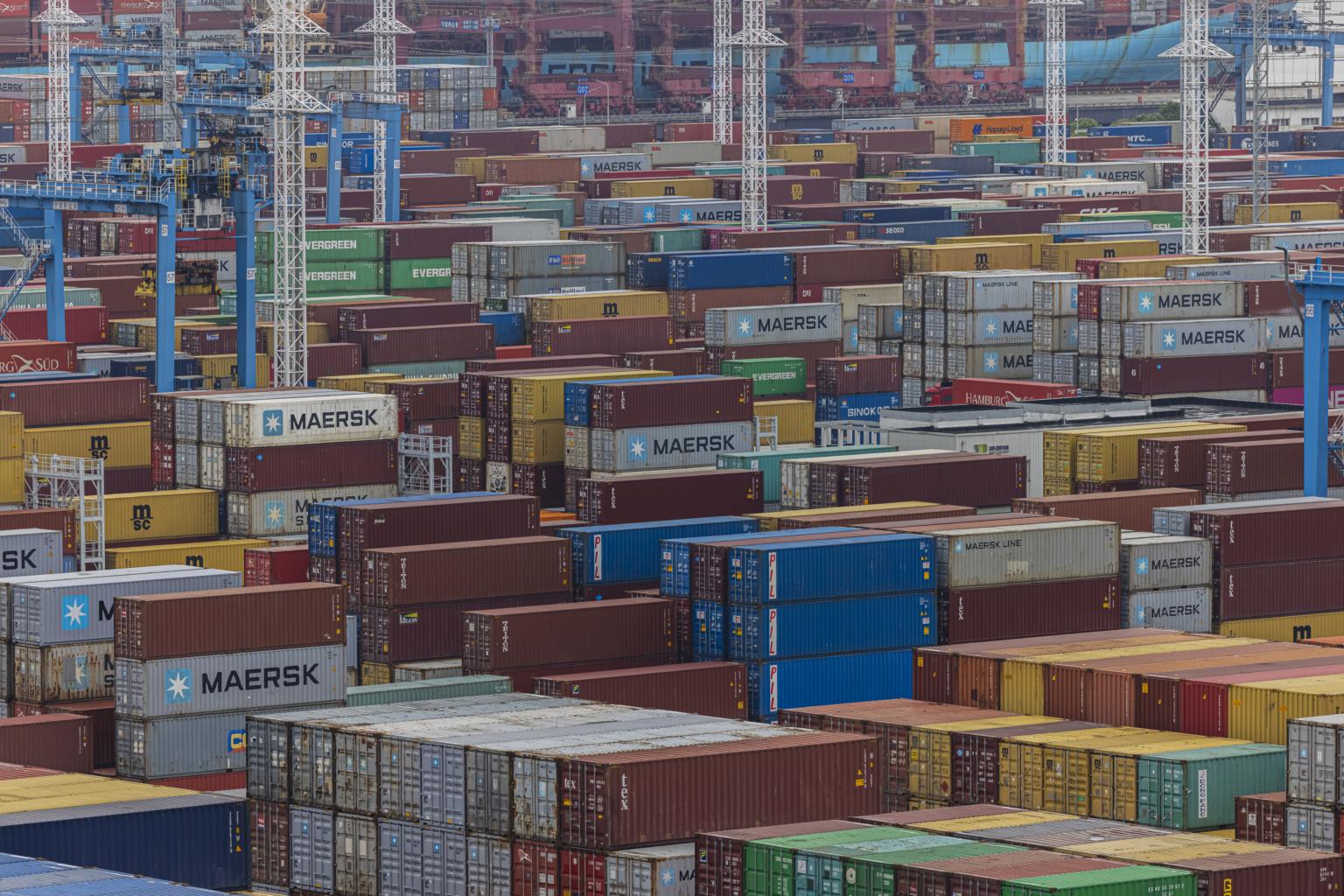China passes law to counter foreign sanctions
Sign up now: Get insights on Asia's fast-moving developments

It is unclear whether the law can be enforced internationally or only in China.
PHOTO: EPA-EFE
BEIJING - China has passed an anti-sanctions law, which it says will help it retaliate against punitive measures from Western governments, leaving foreign businesses operating in the country concerned about what this could entail.
According to the full text released late on Thursday (June 10), those involved in "suppressing" China or interfering in its internal affairs can be deported, have their assets frozen and be prevented from conducting business in the country.
A new body will be set up to coordinate anti-foreign-sanctions work, and will coordinate with all other departments.
The law, with just 16 articles, was passed by the National People's Congress Standing Committee (NPCSC), and takes effect immediately, reported state broadcaster CCTV.
Such a law shows that China will never give up its legitimate rights and interests even when engaging in a foreign policy of peace and mutual benefit, NPCSC chairman Li Zhanshu told lawmakers at the session.
"No one should imagine letting China swallow the bitter fruit that harms our own interests. The Chinese government and people will resolutely counter various sanctions and interference," he said.
After it was tabled, the law was put through only two readings - instead of the usual three - and rushed through to be voted on. One of the few other times laws have been passed at this speed was last year for a National Security Law for Hong Kong.
Some foreign businesses in China have already expressed concern about such a law, given that what had previously been announced was vague.
According to the European Union Chamber of Commerce in China, its members were "alarmed" by the lack of transparency in the process, given that a first reading was never announced and no version of the legislation was publicly available before its passage.
"Such action is not conducive to attracting foreign investment or reassuring companies that increasingly feel that they will be used as sacrificial pawns in a game of political chess," the Chamber said in a statement.
Chinese academics have framed the legislation as necessary for Beijing to protect its national interests and push back against foreign interference.
Previously, China mostly used administrative orders in pushing back against foreign sanctions, but there was no legal recourse, Professor Huo Zhengxin of the China University of Political Science and Law told the Xinhua news agency.
Enacting such a law would allow Beijing to use all the tools available - legislative, administrative and judicial - to safeguard national sovereignty and security, he added.
State media previously reported that the law would allow Beijing to hit back against punitive measures by Western governments on Chinese officials and companies over alleged human rights abuses in Xinjiang and the situation in Hong Kong.
Beijing has aggressively denied allegations of rights abuses, while engaging in a diplomatic tit-for-tat with both the United States and the European Union, slapping sanctions on individual politicians, academics and organisations that have lobbied for Xinjiang.
Several senior officials, including Hong Kong leader Carrie Lam and Xinjiang Communist Party Secretary Chen Quanguo, are among officials who have been sanctioned by the US.
The new law was first mooted earlier this year to counter what China calls "long-arm jurisdiction", allowing Washington to take measures against any firm that has ties to the US. An instance of this is tech giant Huawei, which has been cut off from its American component suppliers.
The legislation also comes just after the US passed a Bill aimed at boosting its domestic semiconductor and tech industry, which faces growing international competition, notably from China.


